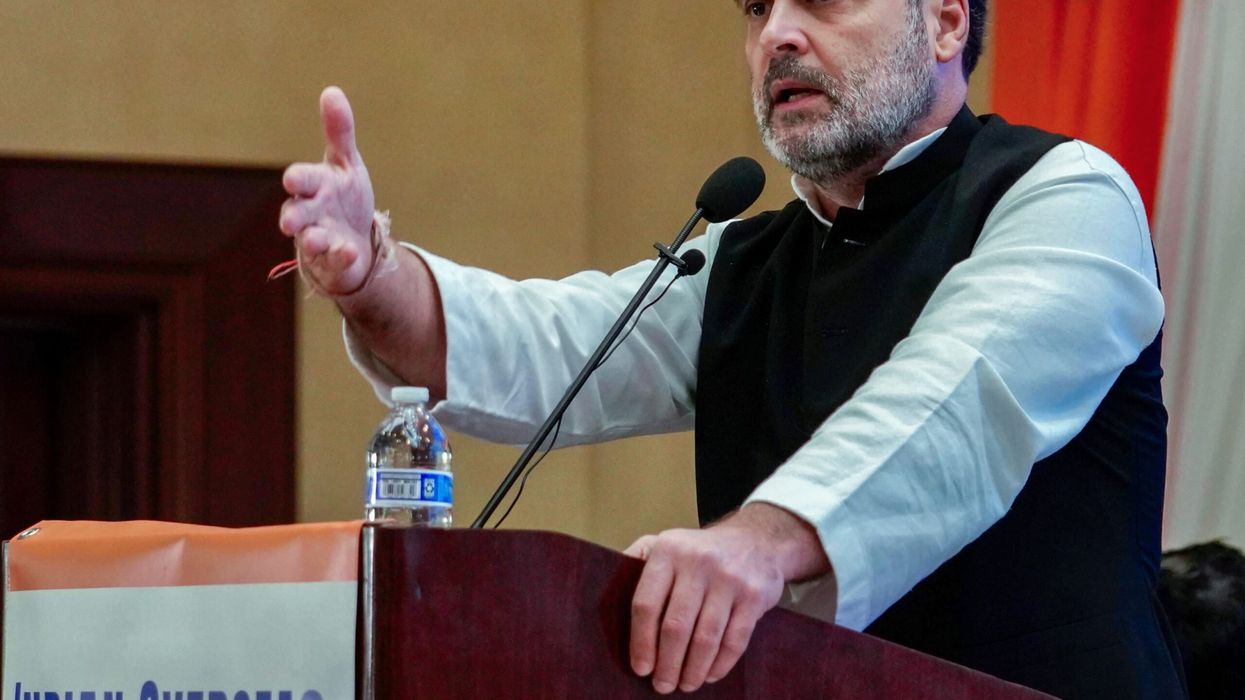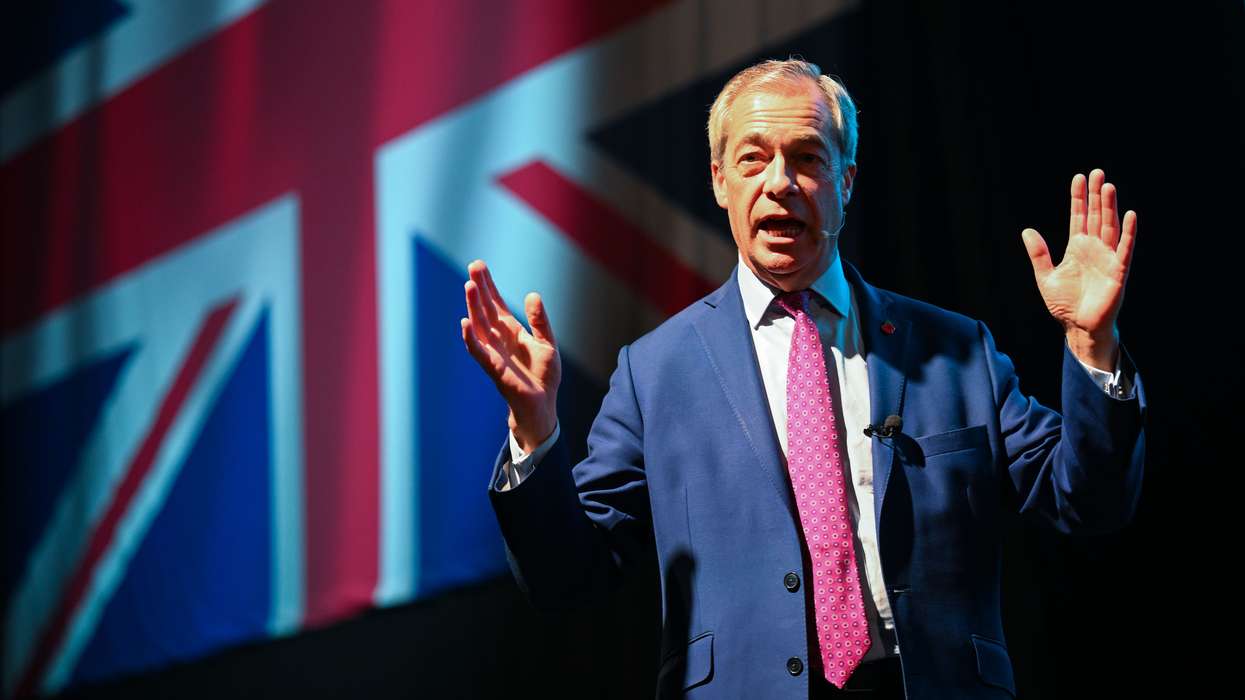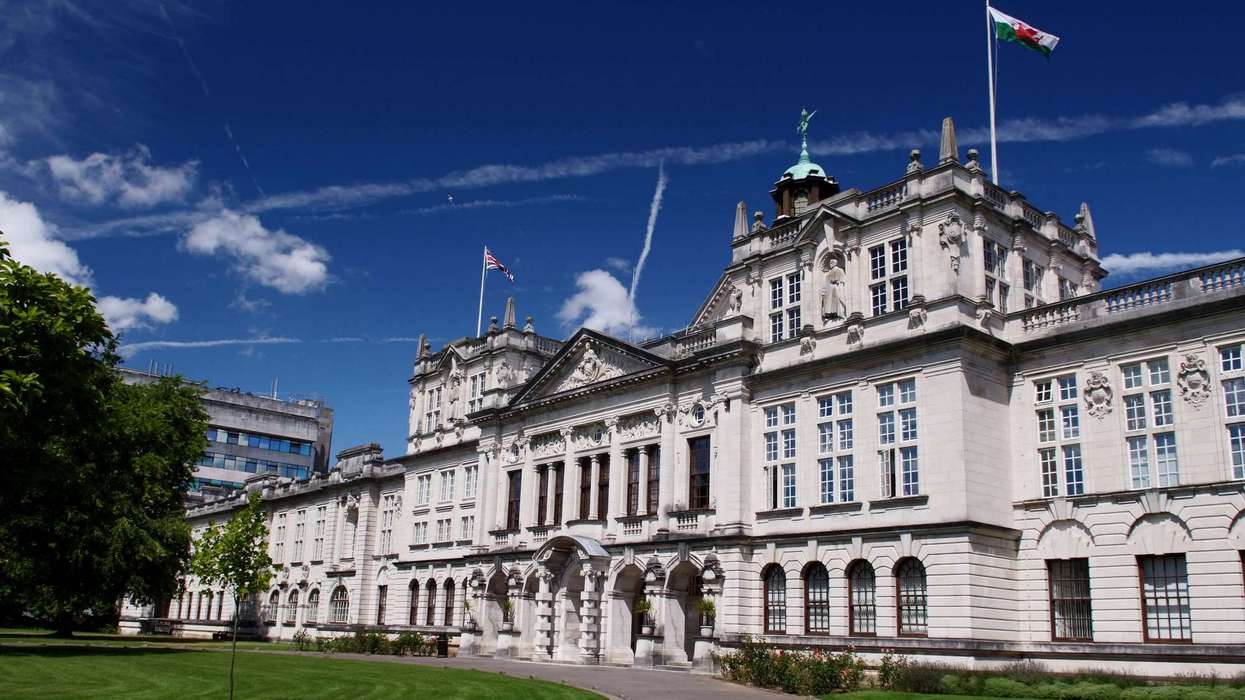THE Congress party will think of scrapping reservations when India is a fair place, which is not the case right now, said Rahul Gandhi, India's leader of opposition in parliament.
Gandhi made these remarks while talking to students at the Georgetown University.
“We will think of scrapping reservations when India is a fair place. And India is not a fair place,” Gandhi told students at the university in Washington in response to a question on reservation and how long it would continue.
"When you examine the financial distribution, it's clear that tribals, Dalits, and OBCs receive only a tiny fraction of the resources. The reality is that they are not being given adequate participation," he said.
"Go through the list of every single business leader in India. I've done it. Show me the tribal name. Show me the Dalit name. Show me the OBC name. Out of the top 200, I think there's one OBC. They're 50 per cent of India. But we're not treating the symptom."
Gandhi also said members of the INDIA coalition had differences but agreed on a lot of things. (ANI Photo)He added, “That's the problem. Now, it [reservation] is not the only tool. There are other tools.
“There are many people who come from the upper caste who say, look, what have we done wrong? Why are we being punished? So, then you think about increasing dramatically the supply of some of these things. You think about decentralising power. You think about involving many more people in the governance of our country. You think of opening up. With all due respect, I don't think any of you are ever going to become Adani or Ambani. There's a reason for that. You can't. Because those doors are closed. So the answer to people in the general cast is you open those doors,” Gandhi said.
When asked about the Uniform Civil Code, he said he would comment on it only after he knows what is BJP's proposal.
“BJP is proposing a Uniform Civil Code. We haven't seen it. We have no idea what they're talking about. For us to comment on it doesn't make sense. When they pull it out, then we'll have a look and we'll comment on it,” he said.
Gandhi also said members of the INDIA coalition had differences but agreed on a lot of things.
“We agree that the Constitution of India should be defended. Most of us agree on the idea of the caste census. We agree that two business people, namely Adani and Ambani, shouldn't run every single business in India. So, for you to say that we don't agree, I think, is inaccurate,” he said.
The Congress leader explained that in any coalition, some back-and-forth is inevitable and entirely normal. He stressed that there is nothing wrong with this process.
Reflecting on past experiences, Gandhi mentioned that they have successfully run coalition governments multiple times and are confident they can do it again.
(PTI)





